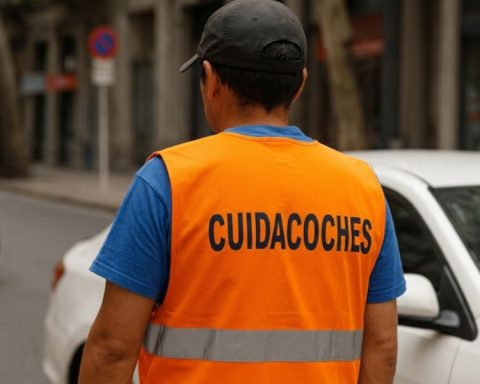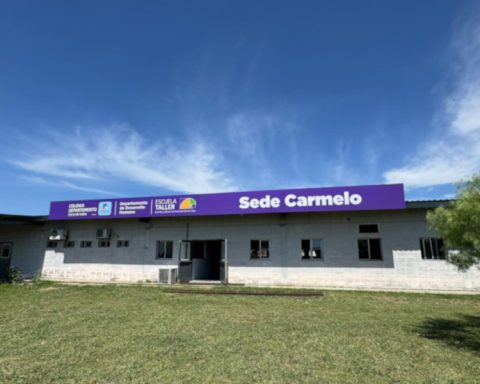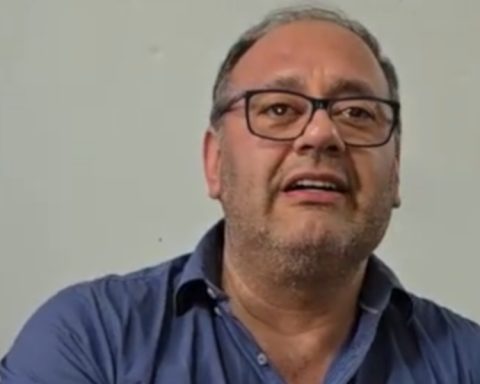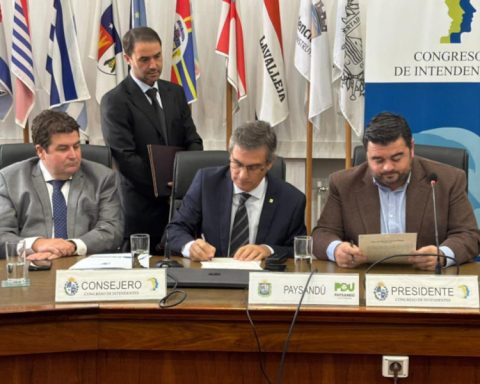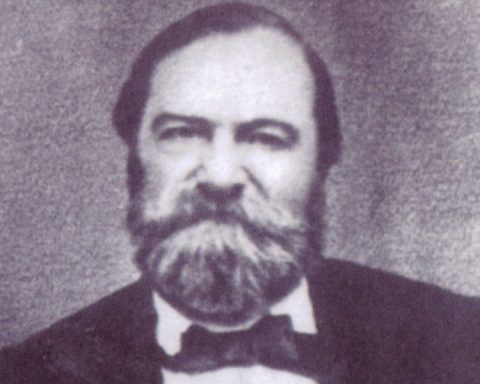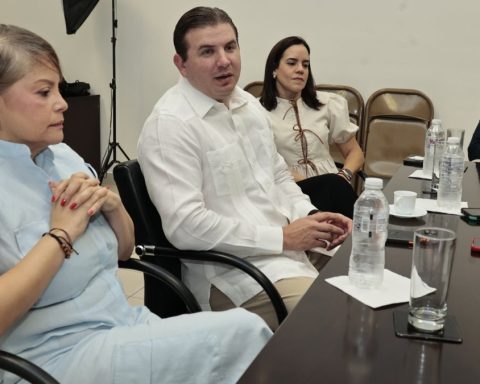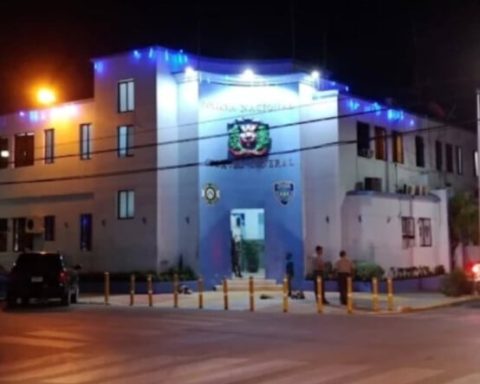After the death of a horse on the first day of the Creole Week and after the NGO Animalist Platform demand the suspension of the event, Pablo Barletta, head of Celebrations and Shows of the Municipality of Montevideoensured that the administration works “all year to minimize the chances of these types of accidents,” sometimes, “cannot be avoided”.
“We are the ones who regret this death the most,” said in dialogue with The Observer.
“They are accidents. This animal fell sitting down and he had a very unlucky fracture. It later caused internal bleeding that caused his death during the transfer by the company we hired for this purpose: a special ambulance for horses, “explained the engineer.
Barletta detailed the current protocols to care for animals, objects with less harmful designs, and assured that there is an observatory on the conditions in which they are found. “It’s open”, but this year animal welfare organizations “chose not to participate.”
“We are not on the road to be thinking about the suspension of this eventwe are in the line of continuing and from there We are open to listen to everything you want to tell us to continue to improve,” he continued.
Animalist Platform and the organization Libera! They will demonstrate against the Criolla in Rural del Prado, where the event is held, this Wednesday at 7:00 p.m.
“We respect the right that these organizations have to express themselves as long as they do not alter the law or public space.we have nothing against that. We have nothing to hide. Everything is in sight,” Barletta said.
The owner of Celebrations and Shows highlighted that the Criolla is an event that has been held for 96 years in the capital of the country. “All the departments do horse riding. This one in Montevideo is the largest and it is also the one where the animals are most cared for. It has recognition and prestige throughout the country, and even throughout the region, for this reason,” he claimed.
The requirements of the commune
To “minimize” accidents, the event has a series of requirements. “If a herd does not meet some of these requirements is disqualified; can be suspended from three to five years or forever”, said the manager of Celebrations and Shows – which depends on the Directorate of Culture -.
This year, the Criolla Week had the following in the regulations of the Rider Contest, Tropillas Contest, and Sanitary, according to reports from the commune:
- The age of the foals shall not exceed 20 years.
- Foals will not be admitted in which dangerous behaviors or attitudes have been observed in the past for their own physical integrity or that of the riders. This requirement will be controlled in the selection and acceptance of the herds, as well as at the time of the competition in the palenque itself.
- The Field Foreman and/or the Jury will evaluate the behavior of the horse in the palenque. In case of intractability, they may: a) reschedule the ride b) penalize the ride c) disqualify the horse in the contest.
- Obligation of vaccination against rhinopneumonitis, influenza and tetanus
- Anti-doping control that will be mandatory in the event of death or serious injury to a horseand random for all horses within the tournament.
- The Management of Celebrations and Showsyou can take samples from the horses you want, to carry out controls for unauthorized stimulant substances. If the use of unauthorized stimulating substances is found, the herd will be penalized with a suspension of three to five years in the competition.
- The use of stimulating substances of any kind that alter the normal behavior of the animal during the course of the entire competition.
- will be performed random testing for unauthorized stimulant substances to the horses in competition and to the animals that for different reasons they can die during the event.
The observatory and the participation of NGOs
According to Barletta, in Celebrations and Shows of the administration there is “The utmost respect for what transparency is.”
“We have had an observatory for several years where animal communities participated and can participate in the sense of coming to do the things that we are doing, contribute ideas, control what all these cares are that have led us to have this prestige of being the best and most careful rider in the whole country”, he explained.
“They go to the back, they see the pastures, where the animals rest, the moment they get ready, the moment they come out,” he said.
“We meet throughout the year with the organizations that approach us,” said Barletta. In 2022, some worked inside the observatory. “This year decided not to participate, but we keep it open“, he assured.
Now, the observatory “incorporated the participation of the University of the Republic, with 25 students who were appointed by the equine department of the Faculty of Veterinary Medicine and who will participate three times a day throughout the week together with the three professional vets that we have permanently available for the care of the horses”.
The care of the organization
The Manager of Celebrations and Shows He detailed some care that there is in the objects that are used with horses.
“The use of spurs brought by the riders themselves is no longer allowed. The kind that came with spikes, which hurt the horses,” he says. The ones used are those provided by the organization: “they are round and have no points.”
In addition, paddocks and sleeves are rented to “specialized companies” so that the horses can rest and prepare to enter the arena. They have designs that with the rubbing the horses are not hurt.
the palenques they are “padded” so that at the moment the animal is going to be mounted, which is when you get most nervous, don’t hurt yourself by rubbing. “It is something that has been implemented for years and we are thinking of further improving the designs of these palenques,” Barletta said.
“We are going to continue to improve and continue working on a continuous improvement in the care of all animals”he assured. “We are going to continue advancing with anti-doping control, incorporating more substances that can be studied and detected, with new techniques as well,” she continued.
For Creole Week, the horses are “taken out of their contexts” and “sometimes they are stressed” for the trip to Montevideo. “We try to make it happen in the best way possible.”
